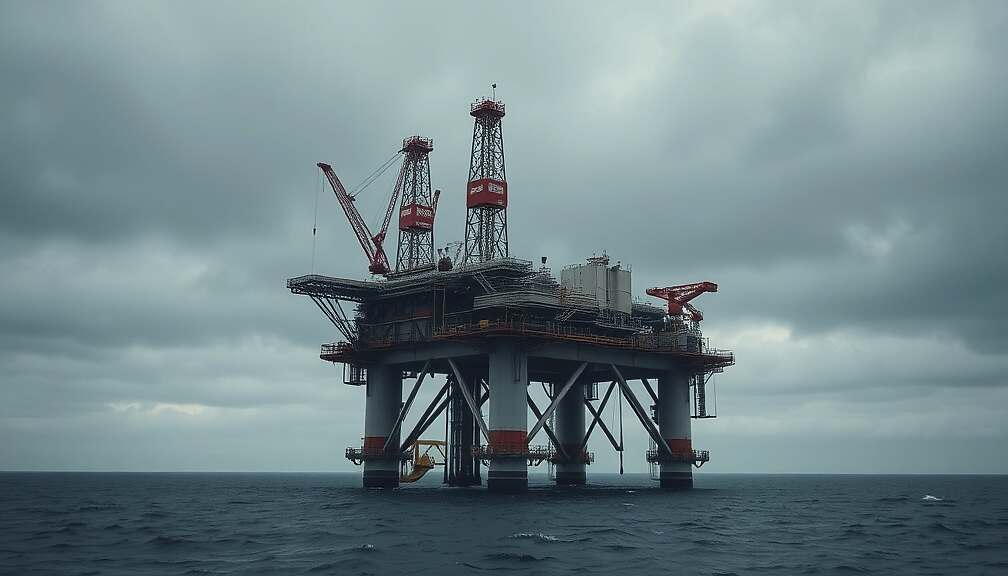A significant oil discovery off the Polish Baltic coast, made by the Canadian company CEP, appears to encompass energy resources belonging to Germany. According to Mecklenburg-Vorpommern’s Minister for Economic Affairs, Infrastructure, Tourism, Labour, Wolfgang Blank, the deposit lies within the jurisdiction of both nations. He indicated that the “oilfield” is likely the “Heringsdorf” reservoir, drilled during the era of the German Democratic Republic.
CEP’s findings estimate reserves of 200 million barrels of oil equivalent, exceeding the volume of Germany’s largest offshore oil field, Mittelplate, in the North Sea.
The Ministry confirmed that Neptun Energy Deutschland GmbH holds the mining rights for the Heringsdorf deposit on the German side. They stated that no current planning details related to the Polish exploration activities have been disclosed.
The possibility of Poland exploiting a cross-border energy deposit raises the potential for Germany to claim a share of the resources. Precedent for such arrangements already exists. Recently, the Dutch energy company One Dyas discovered a gas field in the North Sea near Borkum that extends into German territory, resulting in Germany receiving a portion of the revenue generated.
This arrangement is governed by a Unitization Agreement signed in July between the governments of the Netherlands and Germany. The agreement establishes procedures for identifying and distributing cross-border gas reserves, taxation and the collection of production levies, which would be channeled to the state of Lower Saxony in Germany.












